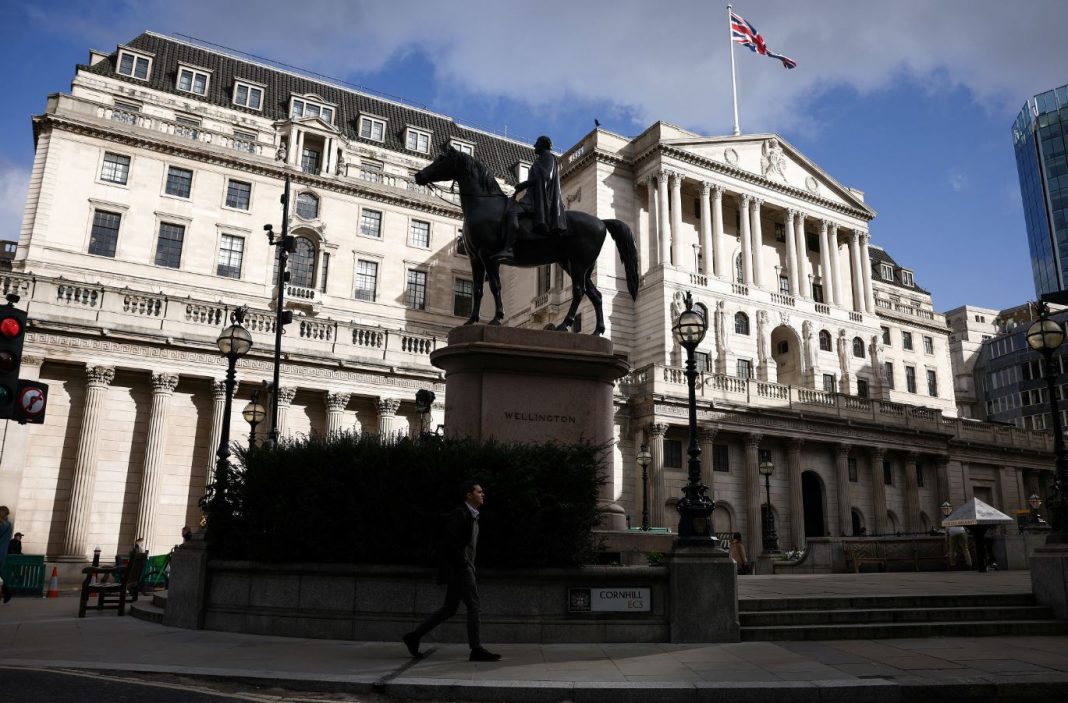A quarter-point hike in interest rates was announced by the Bank of England, making this the 11th straight increase in rates. The move came in response to unexpected data showing that Britain’s inflation rate had increased, posing a significant setback to the central bank’s ongoing fight against rapidly rising prices.
The recent turmoil in the banking systems of the United States and Switzerland has resulted in increased tensions in global central banks. As a result, policymakers on both sides of the Atlantic are now battling two risks that are in direct opposition to one another: persistent inflation, which requires higher interest rates, and the fear that higher rates could make banking turmoil even worse.
However, central bankers have remained steadfast in their pursuit of higher interest rates and have placed an emphasis on the utilisation of other tools in order to ensure continued financial stability. The European Central Bank raised rates by half a percentage point, and the Federal Reserve raised rates by a quarter-point, implying it would carry out just one more rate increase this year. Additionally, in response to the sustained uptick in inflationary pressures, the Swiss National Bank decided to increase interest rates by 0.5 percentage points.
The Bank of England has been trying to rein in excessive inflation since December 2021, when they increased interest rates to near zero. Since then, they have increased them to 4.25%. According to statistics that was released on Wednesday, consumer prices went up by 10.4% when compared to the same month one year before, putting a stop to a three-month long decreasing trend. The central bank had forecast that the inflation rate would fall to 9.9%.
Traders and analysts now believe that the bank will halt rate increases in the near future, as policymakers consider the impact of previous rate increases and the unease that exists in the banking sector.
The Bank of England predicts that the inflation rate will fall significantly this year, averaging around 4% by year-end. As a result of the decision made by the government to continue its subsidy for home energy bills until the end of June, it is anticipated that inflation would decrease even more than was first anticipated during the second quarter. In addition, officials’ worries that high salaries in the private sector would make it more difficult to bring inflation to the bank’s 2% objective have been allayed somewhat as a result of pay growth that has been far lower than predicted.
The recent turmoil in the banking industry might also lead to more stringent financial conditions, which means that policymakers might not need to raise interest rates as forcefully. The increase in wholesale bank funding costs was seen by the Bank of England as a symptom of greater risk within the banking industry. Wholesale bank funding costs are a measure of how much it costs banks to borrow money, especially for short periods.
The Bank of England’s rate-setting committee has been divided for months on rate increases. Two policymakers, Swati Dhingra and Silvana Tenreyro, voted to keep interest rates the same. They argued that the full effects of higher interest rates had not yet been seen, and that as a result, the bank’s monetary policy stance was likely to push against inflation further than was necessary.

